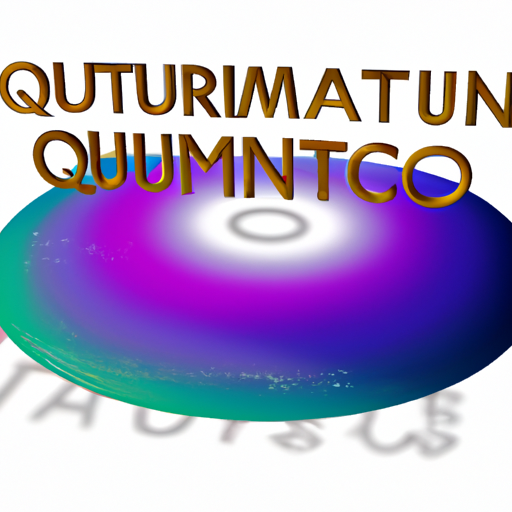Welcome to the realm of Quantum Computing, a technology that promises to change the way we process information, solve problems, and understand the universe. Unlike traditional computing, which relies on bits (0s and 1s), quantum computing uses qubits, which can exist in multiple states simultaneously. This unique property allows quantum computers to tackle complex problems much faster than their classical counterparts.
What is Quantum Computing?
At its core, quantum computing is based on the principles of quantum mechanics. It harnesses phenomena such as superposition and entanglement to perform computations at unprecedented speeds. With capable quantum systems, we can potentially surpass the computational limits we face today.
How Does Quantum Computing Work?
Quantum computers manipulate quantum bits (qubits) that can represent both 0 and 1 at the same time. This property allows quantum computers to explore a vast number of possibilities simultaneously, making them significantly more powerful for certain tasks. Using quantum algorithms like Shor’s algorithm for factoring large numbers and Grover’s algorithm for database searching, quantum computers can solve problems that are currently infeasible for classical computers.
Applications of Quantum Computing
The potential applications of quantum computing are immense, ranging from cryptography to drug discovery and beyond. Here are a few key areas where quantum technology is expected to make an impact:
- Crypotgraphy: Quantum cryptography offers unbreakable security through the principles of quantum mechanics.
- Pharmaceuticals: Quantum computing can simulate molecular interactions, significantly speeding up drug discovery processes.
- Artificial Intelligence: Quantum algorithms could enhance machine learning models, enabling faster training and more efficient data processing.
The Road to Quantum Supremacy
In 2019, Google claimed to achieve quantum supremacy, demonstrating that their quantum computer could perform a calculation in 200 seconds that would take the most powerful supercomputers over 10,000 years. This milestone marks the beginning of a new era in computing and spurs interest and investment in quantum research.
The Challenges Ahead
Despite the promising advancements, quantum computing is not without its challenges. Issues such as qubit stability (decoherence), error rates, and the need for low temperatures to maintain qubit states are significant hurdles researchers are actively working to overcome.
Conclusion
As we continue to explore the future of quantum computing, the implications for technology, science, and industry are profound. The ongoing research and advancements in this field promise to unlock new possibilities that were once unimaginable. Staying informed about these developments will better prepare us for the upcoming technological revolution.
To learn more about quantum computing and its impact on our world, stay tuned for our latest updates!







